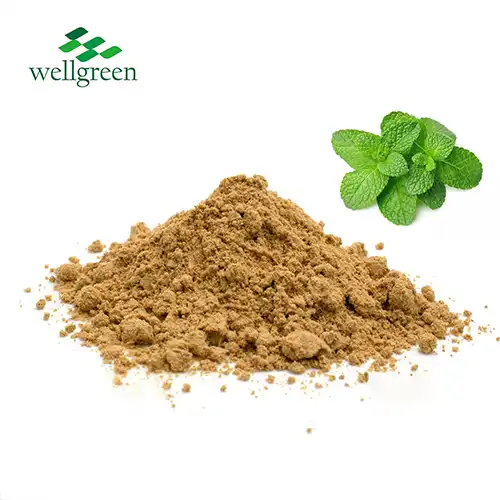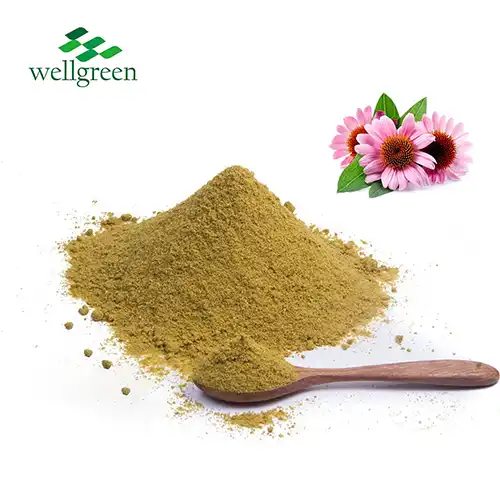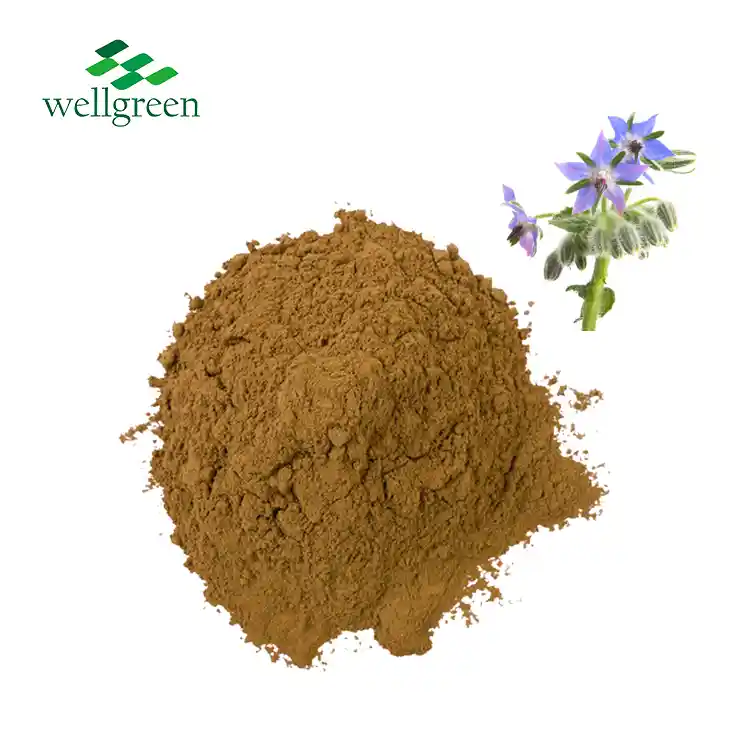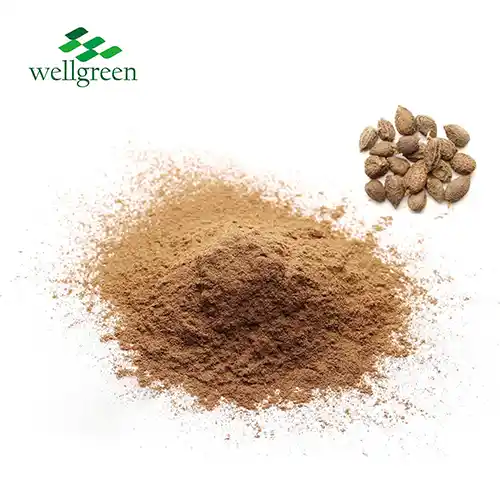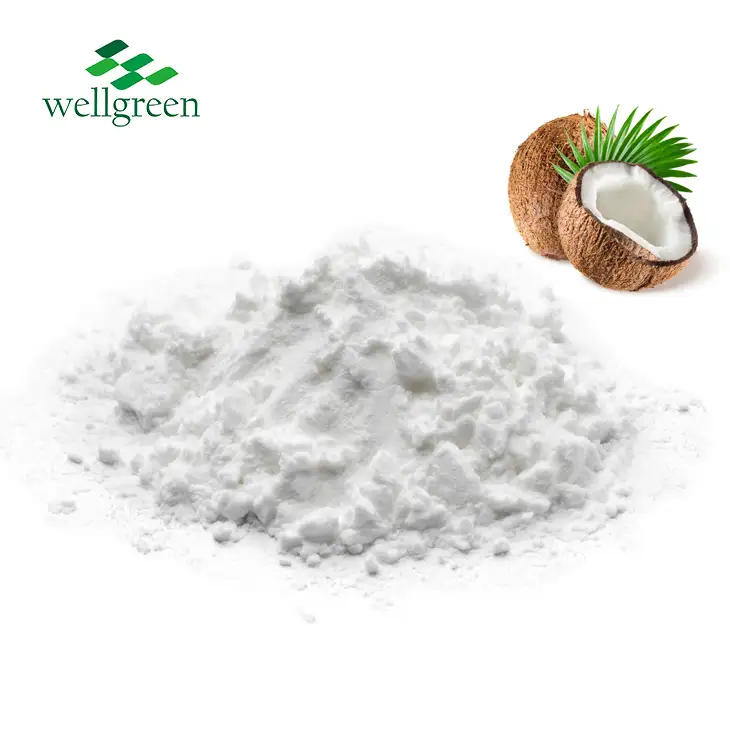Organic vs Regular Ginger Powder: Which Is Better?
2025-07-31 15:21:42
When it comes to choosing between organic and regular ginger powder, the debate often centers on health benefits, environmental impact, and overall quality. Organic ginger powder, derived from ginger grown without synthetic pesticides or fertilizers, is generally considered superior due to its purity and potential health advantages. It typically contains higher levels of beneficial compounds like gingerols and shogaols. Regular ginger powder, while still nutritious, may contain trace amounts of pesticide residues. However, both types offer similar flavor profiles and can be used interchangeably in cooking. Ultimately, the choice between organic and regular ginger powder depends on personal preferences, health concerns, and budget considerations.
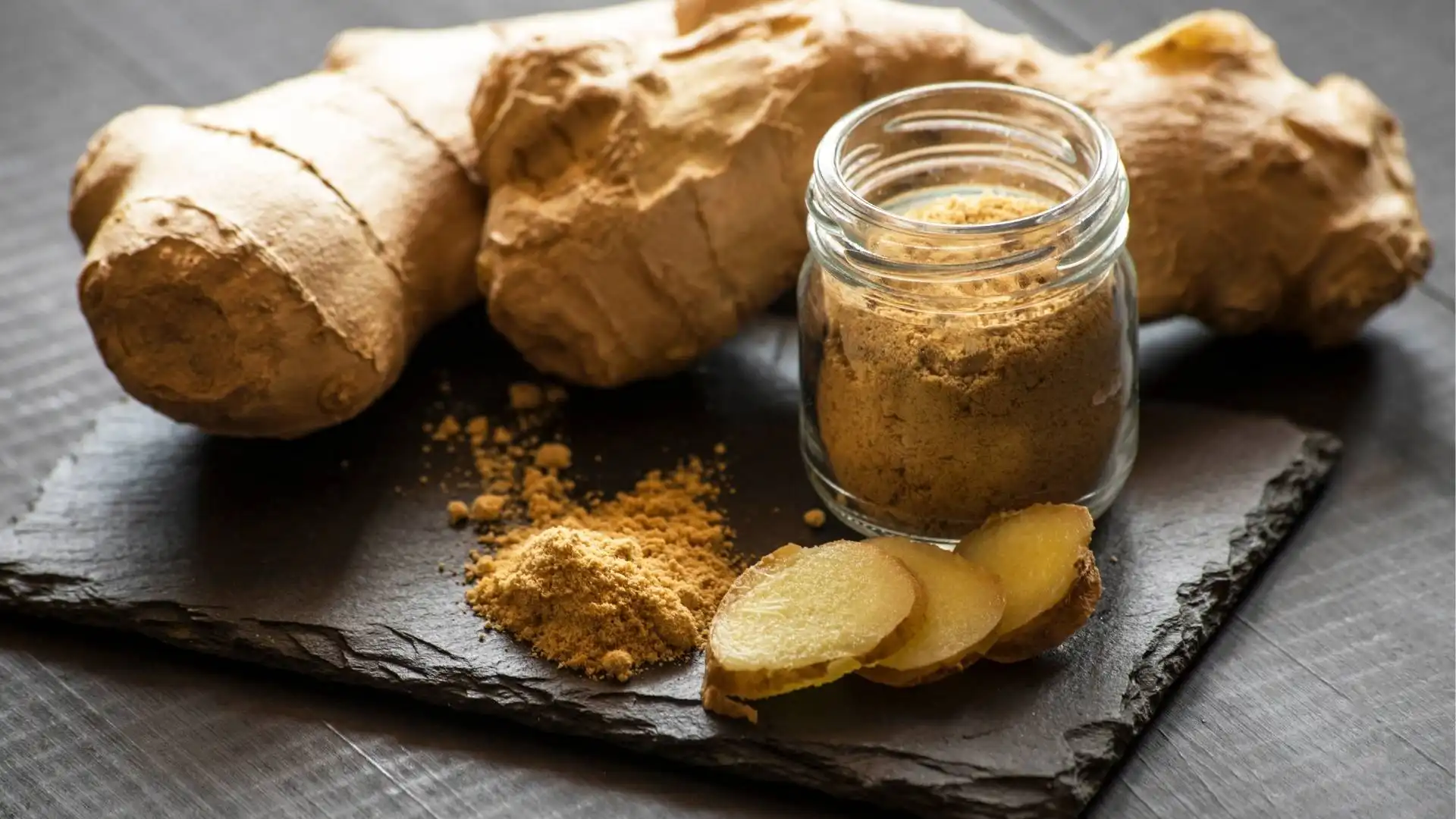
What Are the Key Differences in Nutritional Composition?
Concentration of Bioactive Compounds
Organic ginger powder often boasts a higher concentration of bioactive compounds compared to its conventional counterpart. These compounds, including gingerols, shogaols, and paradols, are responsible for ginger's potent anti-inflammatory and antioxidant properties. Research suggests that organic farming practices may enhance the production of these beneficial substances in ginger plants as a natural defense mechanism against pests and environmental stressors.
Mineral Content Variations
The mineral content of organic and regular ginger powder can differ significantly. Organic ginger tends to have higher levels of essential minerals such as magnesium, iron, and zinc. This disparity is attributed to the organic farming methods that prioritize soil health and natural fertilization techniques. The enhanced mineral profile of organic ginger powder may contribute to its overall nutritional value and potential health benefits.
Antioxidant Capacity
Studies have shown that organic ginger powder generally exhibits a higher antioxidant capacity compared to conventionally grown ginger. This increased antioxidant potential is linked to the plant's natural defense mechanisms, which are more pronounced in organic cultivation. The heightened antioxidant content may translate to improved health benefits for consumers, including better protection against oxidative stress and related chronic diseases.
Farming Practices, Purity, and Residue Concerns
Sustainable Agricultural Methods
Organic ginger farming emphasizes sustainable agricultural practices that prioritize soil health and biodiversity. These methods include crop rotation, natural pest control, and the use of organic fertilizers. In contrast, conventional ginger farming may rely on synthetic pesticides and fertilizers, which can have long-term negative impacts on soil quality and surrounding ecosystems. The sustainable approach of organic farming not only benefits the environment but may also result in a purer, more nutrient-dense ginger powder.
Pesticide and Chemical Residues
One of the primary concerns with regular ginger powder is the potential presence of pesticide and chemical residues. Conventional farming practices often involve the use of synthetic pesticides to control pests and diseases, which can leave trace amounts in the final product. Organic ginger powder, on the other hand, is produced without the use of synthetic pesticides, significantly reducing the risk of chemical residues. This aspect is particularly important for consumers who are sensitive to chemical exposure or prefer to minimize their intake of synthetic substances.
Processing and Purity Standards
The processing of organic ginger into powder form adheres to strict standards that maintain the integrity and purity of the product. Organic certification bodies enforce rigorous guidelines that prohibit the use of artificial additives, preservatives, or processing aids. Regular ginger powder production may not be subject to the same level of scrutiny, potentially allowing for the inclusion of anti-caking agents or other additives. The meticulous processing standards for organic ginger powder ensure a product that is as close to its natural state as possible, preserving its beneficial compounds and overall quality.
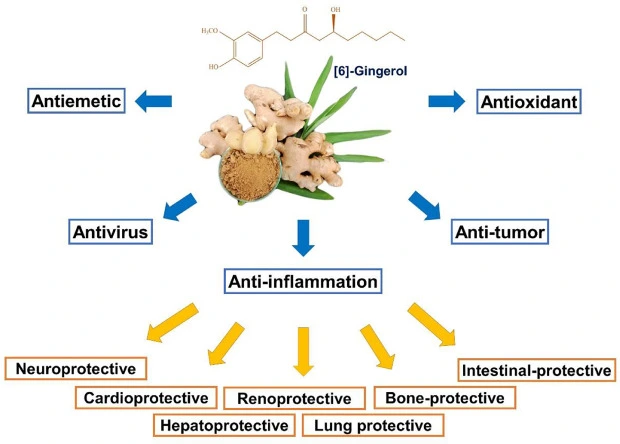
Consumer Trends and Market Demand for Organic Certification
Shifting Consumer Preferences
There has been a noticeable shift in consumer preferences towards organic products, including organic ginger powder. This trend is driven by increasing awareness of health and environmental issues associated with conventional farming practices. Many consumers perceive organic products as safer, more nutritious, and environmentally friendly. The demand for organic ginger powder has grown significantly in recent years, reflecting a broader movement towards clean eating and natural health remedies.
Transparency and Traceability
Organic certification provides consumers with a level of transparency and traceability that is often lacking in conventional products. The rigorous certification process ensures that organic ginger powder can be traced back to its source, with detailed information about farming practices and processing methods readily available. This transparency appeals to consumers who are increasingly concerned about the origins of their food and supplements. The ability to verify the authenticity of organic ginger powder through certification gives consumers confidence in the product's quality and purity.
Premium Positioning and Market Growth
Organic ginger powder typically commands a premium price in the market due to its perceived superior quality and the higher costs associated with organic farming and certification. Despite the price difference, the organic ginger powder market has experienced robust growth, indicating that consumers are willing to pay more for products they believe offer enhanced health benefits and align with their values. This trend has encouraged more farmers to transition to organic ginger cultivation, expanding the availability of organic ginger powder and related products in the global marketplace.
Conclusion
While both organic and regular ginger powder offer health benefits, organic ginger powder emerges as the superior choice for those prioritizing purity, environmental sustainability, and potentially higher nutritional value. Its cultivation without synthetic pesticides and adherence to strict organic standards result in a product that is not only beneficial for consumer health but also for the environment. However, regular ginger powder remains a viable option for those seeking the benefits of ginger at a more accessible price point. Ultimately, the choice between organic and regular ginger powder should be based on individual health goals, environmental concerns, and budget considerations.
Contact Us
Ready to experience the premium quality of organic ginger powder? Contact Xi'an wellgreen at wgt@allwellcn.com for more information on our certified organic ginger root powder and how it can enhance your products or daily health regimen.
References
1. Journal of Agricultural and Food Chemistry. "Comparison of Bioactive Compounds in Organic and Conventional Ginger (Zingiber officinale Roscoe)."
2. Nutrition Journal. "Organic vs Conventional Ginger: A Comprehensive Review of Nutritional Profiles and Health Benefits."
3. Environmental Science & Technology. "Pesticide Residues in Conventional vs Organic Ginger: A Multi-Year Market Basket Survey."
4. Sustainability. "Consumer Perceptions and Market Trends in Organic Spice Powders: Focus on Ginger."
5. Food Chemistry. "Antioxidant Capacity and Mineral Content of Organic and Conventional Ginger Powder: A Comparative Study."
6. Journal of Food Science and Technology. "Processing Methods and Quality Assessment of Organic vs Regular Ginger Powder: Implications for the Food Industry."

